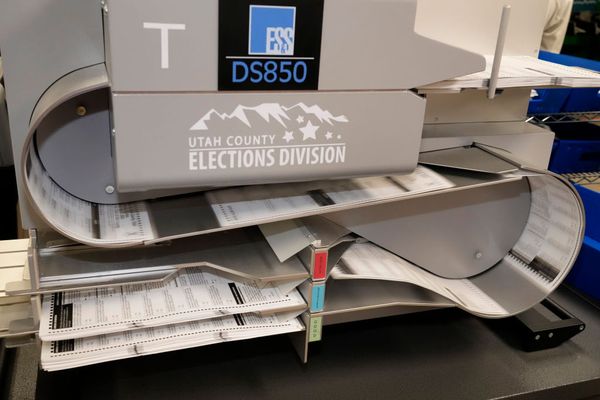
Prominent venture capitalist Chamath Palihapitiya‘s stance on college has shifted dramatically. In May, he advocated sending his son to college for “culture,” but recently warned that “an entire generation” received flawed career advice about higher education versus skilled trades, as new federal student loan restrictions threaten to reshape America’s $1.77 trillion student debt market.
Trade Skills Outperform College Degrees
Speaking on the All-In Podcast, Palihapitiya argued that automation predictions drove misguided educational choices. “There was an entire generation, if not two generations, of young men and women who were told that they must, not should, not it’s nice to, they must go to university,” he said. “Well, lo and behold, it’s turned out to be the exact opposite.”
The tech investor noted that skilled trades now offer superior financial outcomes. A plumber-electrician household earning $400,000 combined with no debt often outperforms doctors carrying $300,000 in educational loans.
Palihapitiya emphasized the financial mathematics favoring skilled trades. “When you make $400,000 and have no debt, I’m sorry, but it’s probably actually better than being the doctor making a million bucks,” he stated, comparing debt-free trade workers earning combined household incomes of $400,000 against heavily indebted medical professionals.
See also: Warren Buffett’s Top 10 Berkshire Bets Span Apple, Coca-Cola, Finance And Oil
Federal Loan Caps Create Medical School Crisis
The comments coincide with significant federal policy changes affecting student lending markets. President Donald Trump‘s One Big Beautiful Bill Act introduces lifetime borrowing caps of $100,000 for graduate students and $200,000 for professional programs. The legislation eliminates the Grad PLUS loan program for new borrowers.
These restrictions present immediate challenges for medical education financing. The Association of American Medical Colleges reports median medical school costs at $200,000, reaching $390,000 at private institutions. American Medical Association President Bobby Mukkamala told CNBC, “This new limit is a big-time punch in the face for aspiring doctors.”
Financial expert Suze Orman highlighted additional changes affecting Parent PLUS loans, now capped at $20,000 annually with $65,000 lifetime limits per student. Parents will lose access to income-driven repayment options, facing standard 10-to-25-year payment schedules regardless of income levels.
Tech Titans Question College Value Proposition
The policy shifts could accelerate existing market trends toward alternative education models. Meta Platforms Inc. CEO Mark Zuckerberg predicted “a reckoning” for college degrees, noting that graduates “start off in this big hole” with debt but uncertain job prospects.
In 2011, Peter Thiel's Fellowship offered $100,000 to students skipping college, a view echoed by Tesla Inc. CEO Elon Musk, who often dismisses formal credentials despite his University of Pennsylvania degrees.
Student loan delinquency rate reached 10.2% in the second quarter, with serious delinquencies among borrowers under 30 rising 37% quarterly to 4.6%, according to Federal Reserve Bank of New York data.
Read Next:
Disclaimer: This content was partially produced with the help of AI tools and was reviewed and published by Benzinga editors.
Photo Courtesy: Stokkete on Shutterstock.com







